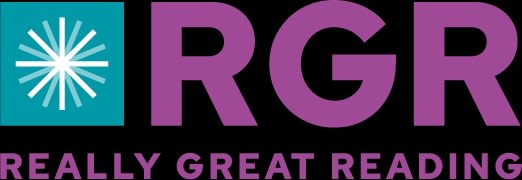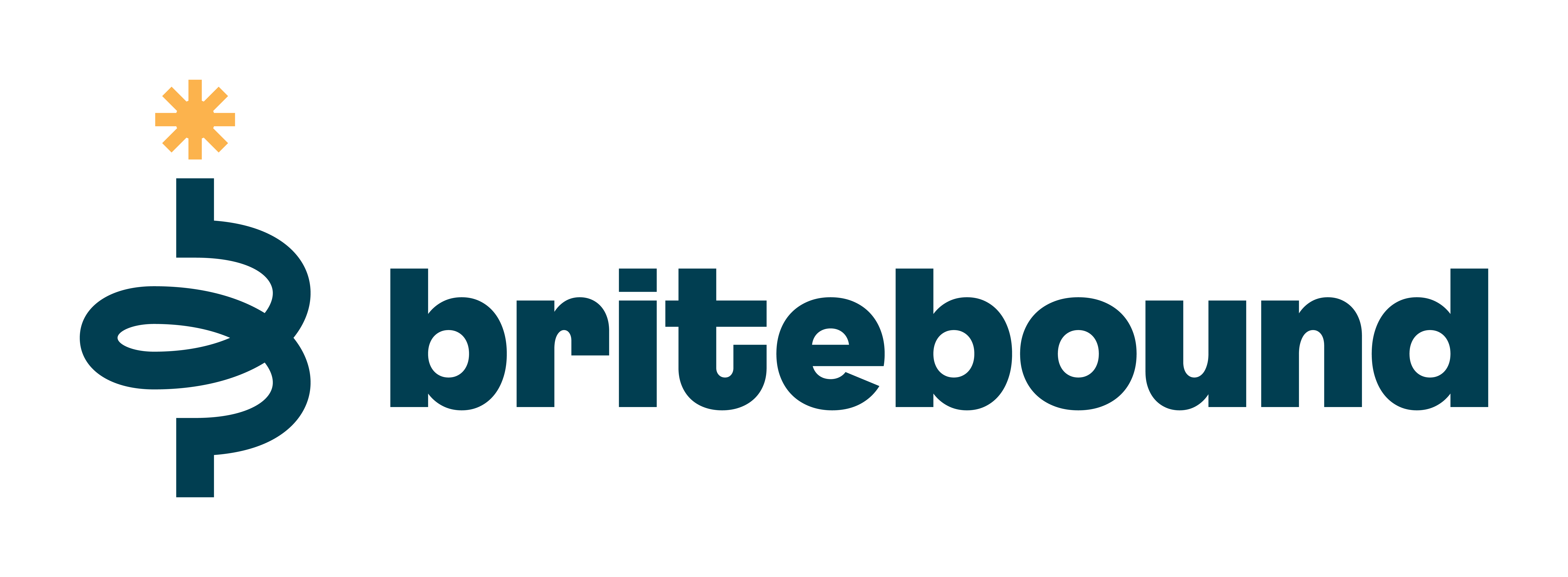Dive Brief:
- Last week, appropriations committees in both the Senate and House of Representatives passed bills for the 2016 fiscal year that would cut billions of dollars from the U.S. Department of Education's budget.
- The bills passed along party lines in both cases, with Republican committee members voting as a bloc in favor of the tightened budgets.
- The House appropriations bill would allocate $64.4 billion and eliminate 20 education programs, while the Senate proposal would give the department $65.5 billion and eliminate 10 programs, including major Obama education initiatives like early education funding and funds for innovative school practices.
Dive Insight:
In contrast with the bipartisanship of the ESEA rewrite process, the 2016 appropriations process was dominated by the Republican majority. Democrats’ attempts to add in additional funds were rebuffed. That’s in part due to sequester-era caps that restrict how much the two chambers can appropriate for spending.
Still, neither of these bills is likely to become law. President Obama has vowed to reject any bill that doesn’t eliminate those caps. A deal brokered in 2013 lifted them for the previous two fiscal years but will expire this year, and the decision to pass scaled back budgets rather than grapple with the caps drew ire from Democrats.
“First and foremost, [the Senate appropriations bill] doubles down on the automatic budget cuts that Democrats and Republicans agree are terrible policy and should have never become law,” Sen. Patty Murray (D-WA), one of the architects of the ESEA rewrite, told Education Week. “That deal expires this year, and until we reach another one, each of these bills ... has no chance of becoming law.”












